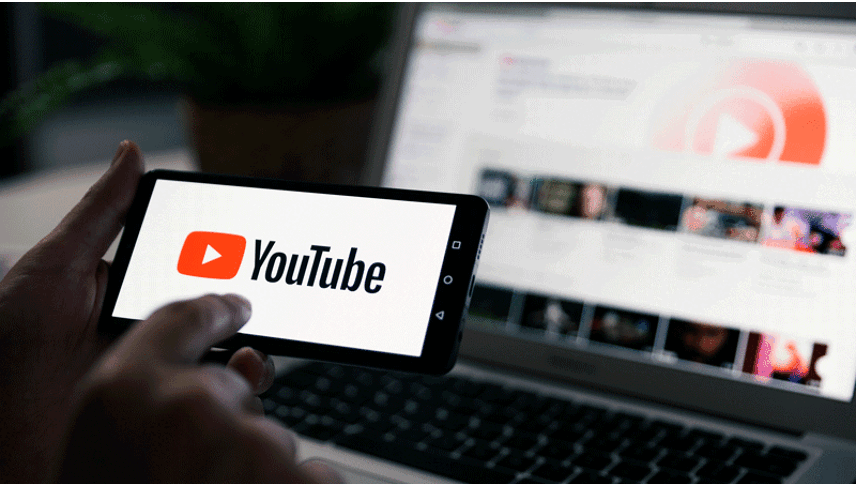Register for free and continue reading
Join our growing army of changemakers and get unlimited access to our premium content

The Climate Action Against Disinformation coalition has this week published a list of 100 videos which would breach Google’s – YouTube’s parent company’s – rules on climate disinformation.
At the start of the research project, all 100 vidoes were monetised, and had collectively racked up some 55 million views. By the end of the research project, only eight had been demonetised.
Goggle published an update to its misinformation and monetization policies on climate in October 2021, in the lead-up to the COP26 climate summit in Glasgow. It stated that it would prohibit advertising for, and other monetisation of, “content that contradicts well-established scientific consensus around the existence and causes of climate change”.
Despite this, the coalition found advertising on videos that made claims such as:
- “Climate science is not really a science at all”
- “There is no link between CO2 and global temperatures”
- “The Intergovernmental Panel on Climate Change (IPCC) is corrupt and every single model it has ever put out is wrong”
The Center for Countering Digital Hate’s head of research Callum Hood accused Google of “selling out”. He added: “Despite Google’s green grandstanding, its ads continue to fuel the climate denial industry.”
Beyond YouTube,a recent study from the Center found that 63% of popular climate denial articles, from sites including Breitbart, still carry Google ads. Google has also, the Center is highlighting, allowed advertising on searches for “climate change is a hoax”, from the Daily Wire.
The Climate Action Against Disinformation coalition is calling on Google to ensure better systematic enforcement of its climate denial and misinformation policies. It is also urging it to consider broadening its definition of climate disinformation to tackle content which falsely posits some of the key causes of the issue as key parts of the solution.
edie approached Google for a comment. A spokesperson for YouTube called its existing policy “industry-leading” and added: “We do allow policy debate or discussions of climate-related initiatives, but when content crosses the line to climate change denial, we remove ads from serving on those videos.”
The news comes after TikTok added climate to its misinformation policy last month, adding to existing policies on topics such as public health and violent events.


Please login or Register to leave a comment.